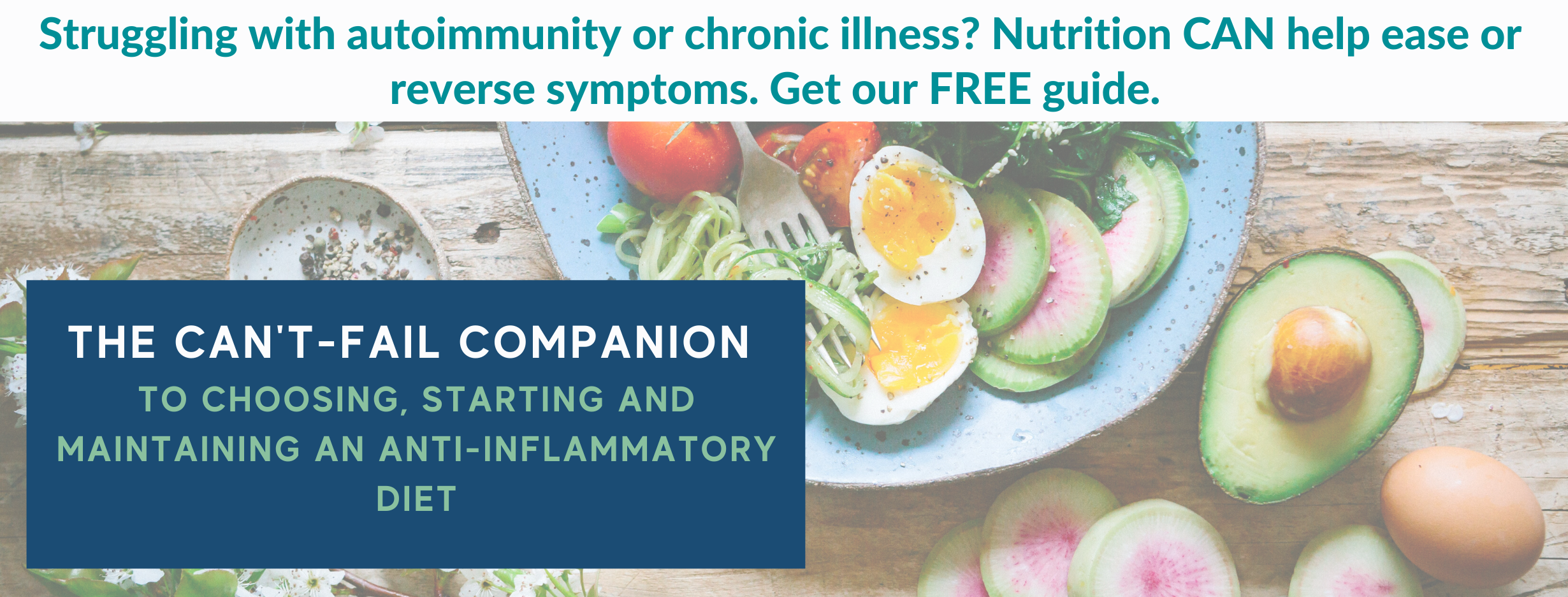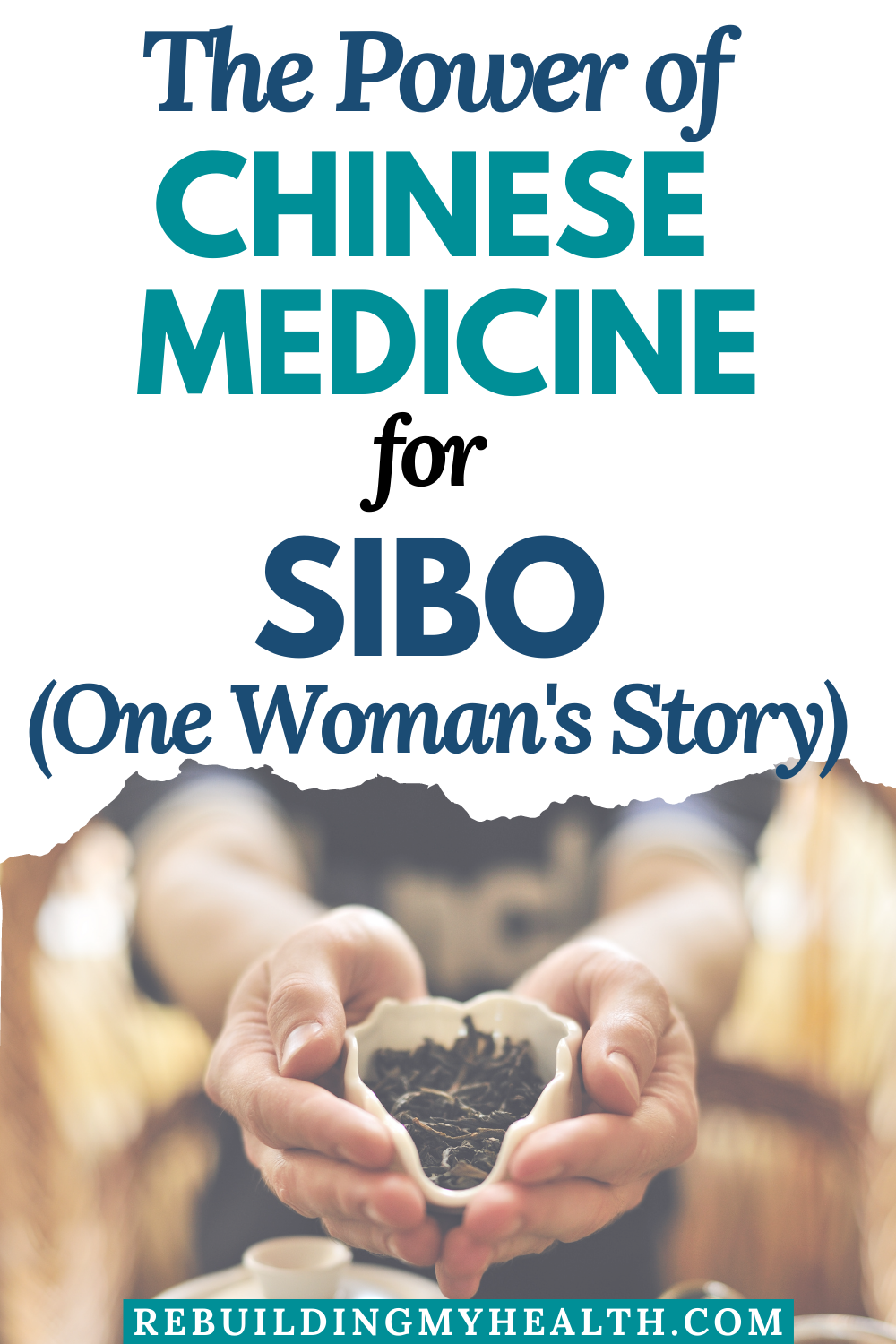Colorado Woman Chooses Chinese Medicine to Treat SIBO Successfully
“Healing is a process. I’m slowly getting better and am almost back to myself. I have an appetite, eat normal meals and no longer have constipation. I’m gaining weight and energy back.”
– Rebecca
In July 2018, Rebecca Arnold made a decision designed to save time. She stopped by Whole Foods for a quick bite from their prepared foods hot bar.
But not long after, as acute food poisoning came on, she regretted that choice of convenience.
Rebecca struggled through the usual unpleasant symptoms for a day or two before her gut returned to normal…or so it seemed.
Within a couple of weeks, unfortunately while on a road trip, her digestion tanked. She felt so nauseous that she could barely eat. And when she did eat, the food seemed stuck in her stomach, causing bloating, pain and constipation.
“I felt constantly sick and had so little energy that it was hard to do anything,” she recalls.
The misery continued for weeks, affecting every aspect of her life – until she found the cause of her digestive distress, and finally, relief.
Frustrating SIBO Symptoms
Rebecca had never had a perfect gut. Two decades before the food poisoning incident, she’d caught a parasite while traveling in India and Nepal. It was then that she discovered Traditional Chinese Medicine (TCM) as a path to recovery from digestive illness. Although she recovered from this acute illness, she continued to have sensitive digestion for years.
But nothing compared to her post-food poisoning state. Based on her symptoms, she suspected small intestinal bacterial overgrowth, or SIBO, which happens when bacteria that should only live in the large intestine takes up residence in the small intestine.
These unwanted guests can create a host of symptoms. For some, SIBO manifests as diarrhea. For others, including Rebecca, it causes constipation. The dysbiosis ultimately reduces nutrient absorption, leading to fatigue, brain fog and other symptoms.
Rebecca constantly felt as if she had a low-grade flu, forcing her to quit working as a massage therapist and psychotherapist. She also lost 15 pounds that her small frame couldn’t spare.
Eventually she took a breath test to confirm that she did, in fact, have methane SIBO (SIBO-C), the form that usually causes constipation. A stool test showed dysbiosis and elevated levels of m. smithii, a methane-producing bacteria.
She consulted with her doctor, who recommended the standard treatment for SIBO, a course of antibiotics that just target bacteria in the small intestine. But concerned about using harsh antibiotics, Rebecca decided to go another route: she would first try to treat it naturally.

Turning to Chinese Medicine to Treat SIBO Naturally
Through research, Rebecca found the Low FODMAP diet, an approach often recommended for SIBO patients because the allowed foods are easier to digest and thereby minimize symptoms.
She found that eating a Low FODMAP diet brought some relief to her symptoms, but she knew that she would not be able to treat SIBO solely through diet.
Because Rebecca had success using Chinese medicine in her recovery from digestive illness many years ago, she turned to this approach again to treat SIBO. She reached out to Dr. Elif Kuzu, a TCM practitioner in Boulder, Colorado, not far from where Rebecca lives.
From the first moments visiting with Kuzu, she felt she was in the right place.
“When I went in, I felt horrible, I had no energy and I was sobbing at her table,” Rebecca recalls. “Elif said, ‘Don’t worry, I’ll take care of you.’”
Kuzu, who once had SIBO herself, explains that Chinese medicine takes a holistic approach to the condition, rather than treating just the small intestine.
“We focus on the whole ecosystem instead of just one thing,” Kuzu explains. “We’re trying to balance the system so then you have a very loving, friendly environment in the gut that doesn’t allow the harmful bacteria to be out of sync with the body.”
Kuzu treated Rebecca with a combination of acupuncture, a customized blend of herbs, plus diet and lifestyle recommendations:
- Acupuncture – To treat SIBO, acupuncture helps move the energy, or chi, of the organs to eliminate stagnation in the gut or heart. The needles help unblock the channels to improve the flow of energy and digestion. Consequently, nutrients reach cells more frequently and efficiently.
“Often, people with SIBO have chi or energy stagnation in the gut,” Kuzu explains. “So their cells are not being nourished by their food.”
- Herbs – Kuzu customizes herbs for Rebecca and all her patients based on symptoms. The herbs also increase the energy of the gut, reduce stagnation, and bring antiviral, antimicrobial, antifungal, anti-inflammatory and antiparasitic properties.
“I drink the herbs 30 minutes after eating and they feel really soothing and help me digest food,” Rebecca says. “Over time, I have noticed that I have an easier time digesting food, my appetite has increased, and I no longer have nausea, bloating or constipation.”
Early on, Rebecca visited Kuzu twice a week. Elif would adjust the herbs to just what Rebecca needed as her symptoms changed.
- Diet – To treat SIBO, Rebecca also altered her diet to focus on foods that improve the energy or warmth of her gut. In Chinese medicine, that means eliminating items that contribute to stagnation and can be more difficult to digest, such as cold, creamy or raw foods. Foods not recommended include dairy, nut butters, and nut and coconut milks.
“Nothing that congeals,” Kuzu clarifies.
Instead, Rebecca eats cooked, warming foods and drinks, which ease digestion, such as meat, vegetables, and particularly, winter squash. She also eats fresh fruit every day.
Rebecca has learned to eat slowly and only until satisfied, and to allow at least four hours between meals to allow time for digestion. She recently added foods that were not allowed on the Low FODMAP regimen, such as onions and garlic – with no issues.
“Listen to your body and what your body tells you that you can eat, instead of being formulaic with your diet,” she says. “Some people will tolerate certain foods and others won’t.”
Tuning in to her body led her to add more carbs as well, to help her gain weight back and improve her energy, sleep, hormone levels and anxiety.
“It is sometimes recommended with SIBO to eat a very low carbohydrate diet to not feed the bacteria, but then you can end up starving your own body,” she says. “For me, it felt unhealthy to be so low-carb, and I felt that part of my illness was that I wasn’t getting enough nutrition. When I added carbs back in, I started to have more energy, I felt stronger, and I had less anxiety. It was like food for my nervous system.”
For carbs, she eats potatoes, yams, rice, millet, buckwheat soba noodles, lentils, oats and oat flour. She soaks whole grain rice and lentils before cooking them. At the same time, she currently avoids wheat, dairy and sugar, as well as raw vegetables, hard or crunchy foods, and processed foods.
- Lifestyle – Also essential to her healing, Rebecca works on reducing her stress and calming her nervous system.
“Emotions are hugely connected with digestion,” Rebecca says.
She has been working with emotional and mental patterns to increase the relaxation response, or the parasympathetic nervous system response in the body. She says that some of the work of healing has involved looking not just at personal patterns that cause stress but also healing ancestral trauma that gets passed on emotionally and physically.
Rebecca finds acupuncture treatments very relaxing. Along with acupuncture, her self-care routine includes walking and hiking, yoga, meditation, abdominal castor oil packs, as well as taking time each day to relax and let go.
Over the past few months, Rebecca has seen Kuzu simultaneously with a naturopathic doctor, Dr. Cheri King, also in Boulder. King’s support complemented Chinese medicine with lab testing and recommendations for certain supplements, probiotics, homeopathics and digestive enzymes to fill the gaps they identified.
For several months, Rebecca also took Allicin, a garlic antimicrobial that she found to be helpful along with the Chinese herbs.
Success with Chinese Medicine for SIBO
With Chinese medicine, Rebecca has improved steadily and estimates she’s back to about 75-80 percent of her pre-food poisoning state. She’s thankful to have the energy to take care of her 10-year-old daughter and join in family activities.
“Healing is a process,” she says. “I’m slowly getting better and am almost back to myself. I have an appetite, eat normal meals and no longer have constipation. I’m gaining weight and energy back.”
As she heals, she adds more foods back in and tests her body’s reaction to each. Whole grain rice seems acceptable, but not rice pasta.
She’s also more in tune with her body in an essential way.
“I’ve always been in touch with my body and in touch with my nervous system, but I’ve deepened it significantly,” she says. “I know I have to have a life that is in balance with my nervous system and gut, a life where I take care of myself and not sacrifice. I know that’s a priority. I’m learning to receive what life gives me, to let go and not tense up.”
If you found this story helpful, you might also like When Food Poisoning Leads to SIBO.
The information on this site is for educational and inspirational purposes only and is not intended to replace the advice of qualified professionals. Keep in mind that what works for one person may not work for another. Always consult your healthcare practitioners before beginning new approaches or treatments. Some links on Rebuilding My Health may be affiliate links. This means that we may receive a commission - with no additional cost to you - if you make any purchases using those affiliate links. Rebuilding My Health is a participant in the Amazon Services LLC Associates Program. Learn more.


